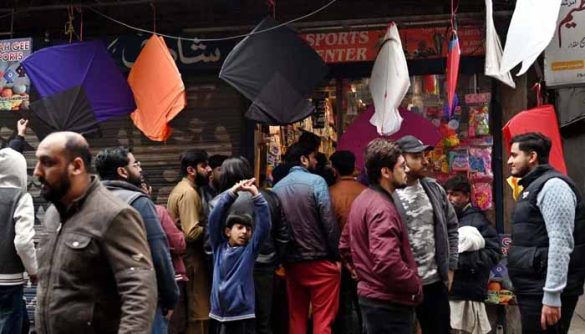Islamabad’s declared policy
Senator Rana Sanaullah, the prime minister’s special assistant, told Geo News in the programme “Geo Pakistan” that Pakistan has adopted a clear policy. He said any area from which terrorists carry out attacks will have its safe havens demolished. He framed the approach as a joint strategy by the civilian government and the armed forces.
He added that centres in Afghanistan, which he described as sites for training and arming militants, had already been struck. The aim, he said, was to deny militant groups the opportunity to train there and cross into Pakistan to carry out operations.
Warnings and thresholds
Rana Sanaullah said Islamabad had repeatedly warned Afghan authorities. He said a final warning, linked to an earlier attack in Bannu, was delivered three weeks earlier — a stance also reflected in Pakistan’s earlier warning to the Taliban about direct retaliation for cross-border attacks. That message, he said, urged Afghan authorities to choose between acting against militants or siding with them.
According to the aide, Pakistan decided in advance that any cross-border incursion or attack would be met with a robust response. He said Pakistan acted accordingly when it believed such a move had taken place.
What the announcement means
In plain terms, the statement signals a low tolerance in Islamabad for cross-border attacks. It also suggests a willingness to use force beyond Pakistan’s borders to prevent future strikes. The comments reflect long-standing security concerns in Pakistan about armed groups using neighbouring territory as rear bases.
At the same time, the announcement raises questions. Cross-border operations are likely to carry diplomatic consequences. They may heighten tensions with neighbours and complicate efforts to stabilise border regions. Historically, such actions have prompted international debate about sovereignty and escalation risks.
Wider security context
Pakistan has faced regular militant attacks for many years. These attacks have targeted military personnel, security checkpoints, and civilians. Islamabad routinely links some of these assaults to groups it says operate from bases across the border.
For its part, Pakistan insists it must secure its territory and protect its citizens. The government frames targeted action as defensive and proportionate. Meanwhile, international observers often urge restraint and dialogue to prevent wider escalation.
Potential implications and next steps
If Islamabad follows through, operations may focus on locating and eliminating remaining hideouts. The stated goal is to prevent further training and infiltration. However, implementation carries risks. It could provoke retaliation, complicate humanitarian access, and impede political efforts in the region.
Diplomatically, Pakistan may face demands for evidence of strikes and of the groups targeted. Afghanistan and other regional actors may call for independent verification. Multilateral actors might also urge restraint and a return to dialogue.
Closing note
Senator Rana Sanaullah’s remarks make Pakistan’s position explicit. Islamabad has declared a policy of neutralising any safe havens used to attack it. The government says it will combine political and military measures to achieve this goal.
As always, the evolution of events will depend on actions by local authorities and by militants. It will also hinge on how regional and international partners respond.















